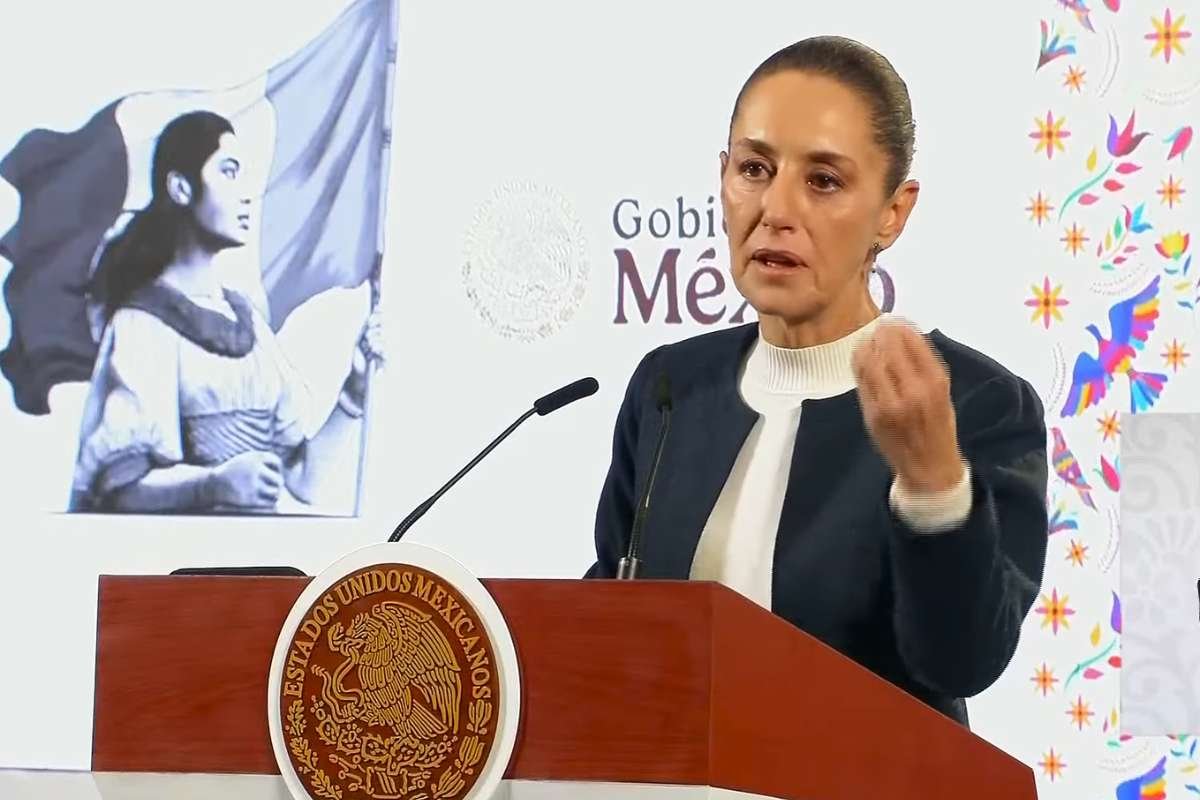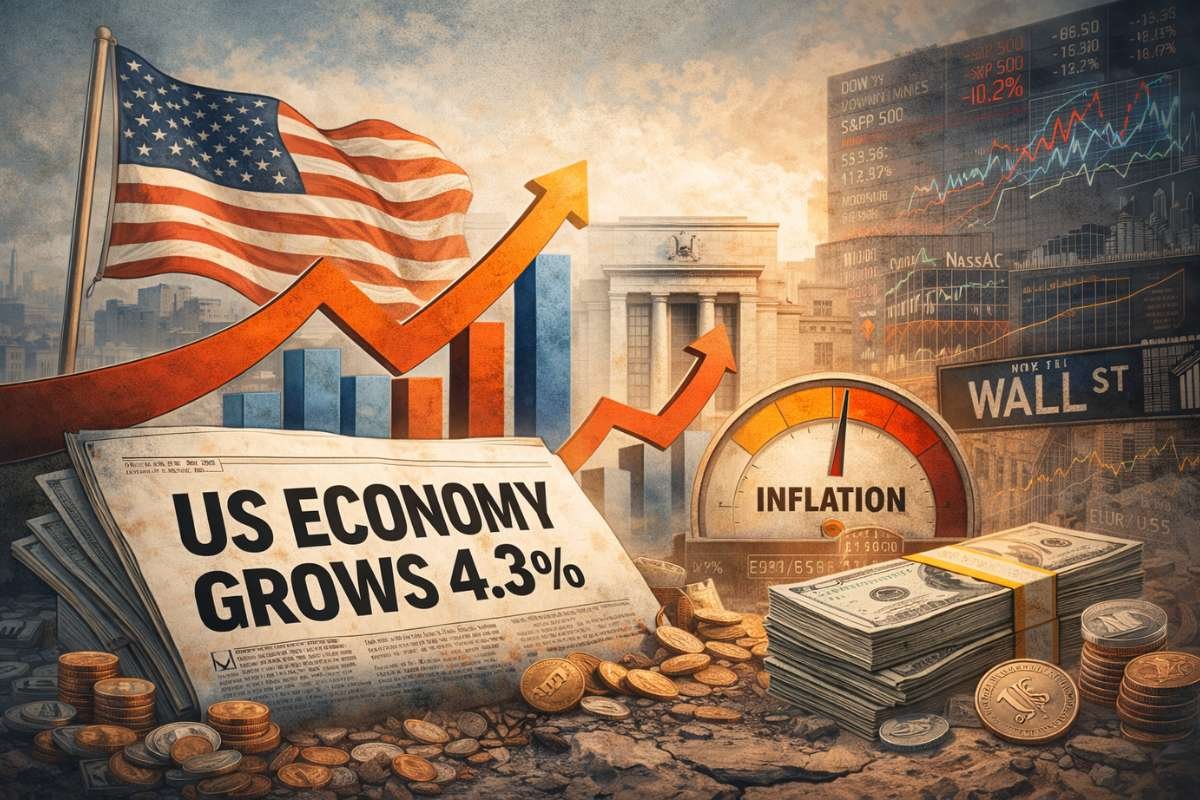Mexico Vows Countermeasures Against Proposed U.S. Tariffs
Mexican President Claudia Sheinbaum issued a stark warning on Wednesday, pledging retaliation if U.S. President-elect Donald Trump implements his proposed 25% across-the-board tariffs. Sheinbaum highlighted the potentially devastating impact of such a move, including the loss of 400,000 U.S. jobs and increased prices for American consumers. Speaking during a press conference, Sheinbaum emphasized that Mexico is prepared to raise tariffs in response.
Economy Minister Marcelo Ebrard echoed these concerns, arguing for regional cooperation over a trade war. Labeling Trump’s proposal as “a shot in the foot,” Ebrard pointed out that the tariffs could breach the USMCA trade agreement between Mexico, Canada, and the U.S. The automotive sector, a major driver of U.S.-Mexico trade, would bear the brunt of the tariffs, with companies like Ford, General Motors, and Stellantis facing significant financial strain. Ebrard estimated a $3,000 price hike on pickup trucks—88% of which are manufactured in Mexico—disproportionately affecting rural areas that largely supported Trump in the election.
Sheinbaum and Trump Discuss Trade and Migration
Later that day, Claudia Sheinbaum and Trump engaged in a phone conversation, focusing on migration and border security. Trump claimed on his Truth Social platform that Sheinbaum had agreed to curb migration through Mexico, effectively aiding U.S. efforts to secure its southern border. However, Claudia Sheinbaum clarified on X that Mexico’s approach prioritizes managing migration before it reaches the U.S.-Mexico border. She reiterated Mexico’s commitment to building diplomatic bridges rather than closing borders.
Meanwhile, Mexico’s peso saw a modest recovery, strengthening nearly 1% against the dollar in after-hours trading. Analysts speculated that Trump’s tariff threats are more of a negotiating tactic than a concrete trade policy. David Kohl, chief economist at Julius Baer, suggested the proposed tariffs aim to achieve non-trade-related goals.
Automotive Sector and Regional Economy Face Uncertainty
Mexico’s automotive industry, which accounts for 25% of North American vehicle production, stands at the center of this trade dispute. Analysts from Barclays predicted that the tariffs could obliterate profits for major U.S. automakers like Ford, GM, and Stellantis. Mexico’s automotive industry group AMIA announced it is preparing for potential disruptions but will wait for concrete actions before responding.
While Trump’s team defended the tariffs as a measure to protect U.S. workers, critics argue they could exacerbate economic challenges. The Institute of International Finance warned that increased protectionism might strain Mexico-U.S. relations and destabilize the region.
As the USMCA faces review in 2026, experts predict a push for renegotiation rather than a simple renewal. Katia Goya, director of international economics at Grupo Financiero Banorte, stressed that a trade conflict would likely lead to slower economic growth, higher unemployment, and inflation in the U.S. Ebrard underscored the significance of USMCA trade, which reached $1.78 trillion in the first nine months of this year.
“Mexico seeks collaboration, not conflict,” Ebrard stated, urging for unity to build a stronger regional economy.


















